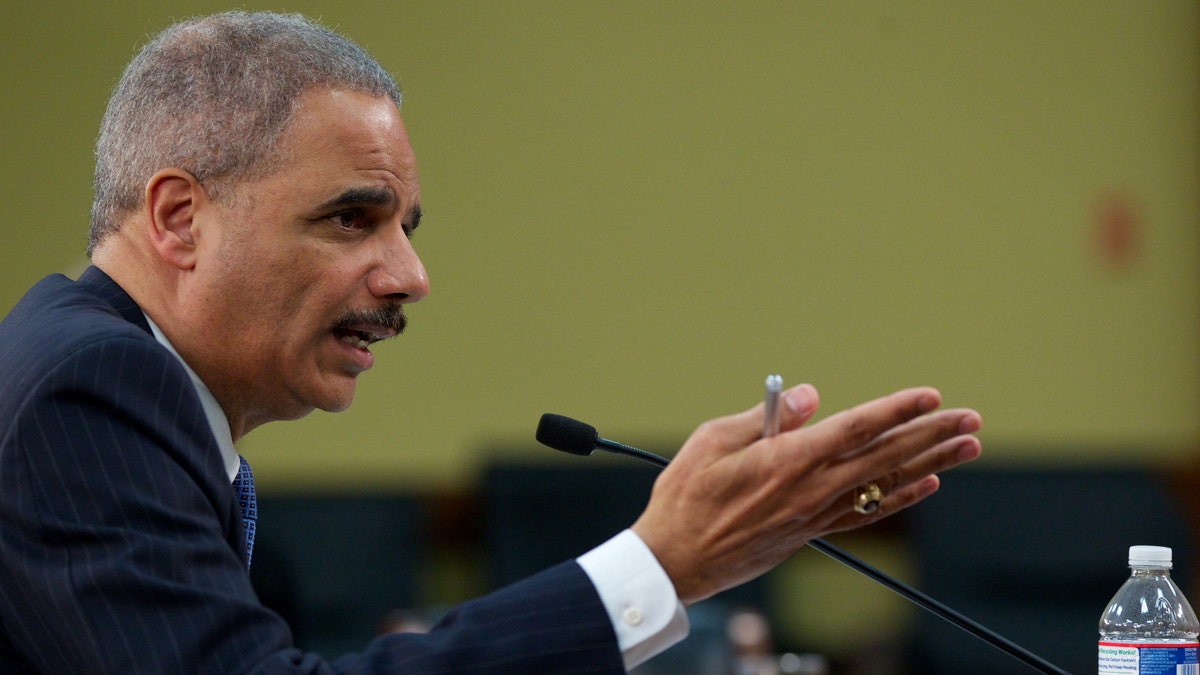
In this April 18, 2013 file photo, Attorney General Eric Holder testifies on Capitol Hill in Washington. (A2013)
Freedom of the press allows the coverage of government without fear of reprisals. That constitutional right was crippled the moment the Department of Justice (DOJ) secretly obtained The Associated Press reporters and editors' phone records.
For the DOJ not to give a clear reason for its questionable action only compounds the situation. Government must be inclusive and transparent. Anything less than that creates an environment of mistrust.
It’s not enough for the government to say it acted in the best interest of the public when the public’s interests were violated by its actions.
According to the rules laid out by the Justice Department, every effort must be made in getting the information it seeks before issuing a subpoena. Furthermore, such subpoenas of news organizations must be approved by the attorney general. It is unclear if either action was taken in this situation.
It is imperative that Attorney General Eric Holder explain why (under his watch) rules published by the Justice Department might have been broken. The apparent overstepping of the government’s authority is unacceptable and dangerous.
The Obama administration has been criticized for its aggressive investigation of the disclosure of classified information. For the White House to claim that it doesn’t know much more than the reports in the media about the seizure of the AP’s records is outrageous. It’s a move that we’ve seen before; a position of plausible deniability.
The intrusion on the freedom of the press shakes the very bedrock of principles this country was founded on.
AP President and Chief Executive Officer Gary Pruitt said the records obtained by the government “…potentially reveal communications with confidential sources… provide a road map to AP’s newsgathering operations and disclose information about AP’s activities and operations that the government has no conceivable right to know.”
Journalists value the trust given to them by confidential sources who provide precious information based on guaranteed anonymity. The DOJ’s ambiguous behavior have placed the AP and other media organizations in a volatile situation.
It’s not enough for the government to say it acted in the best interest of the public when the public’s interests were violated by its actions.




















